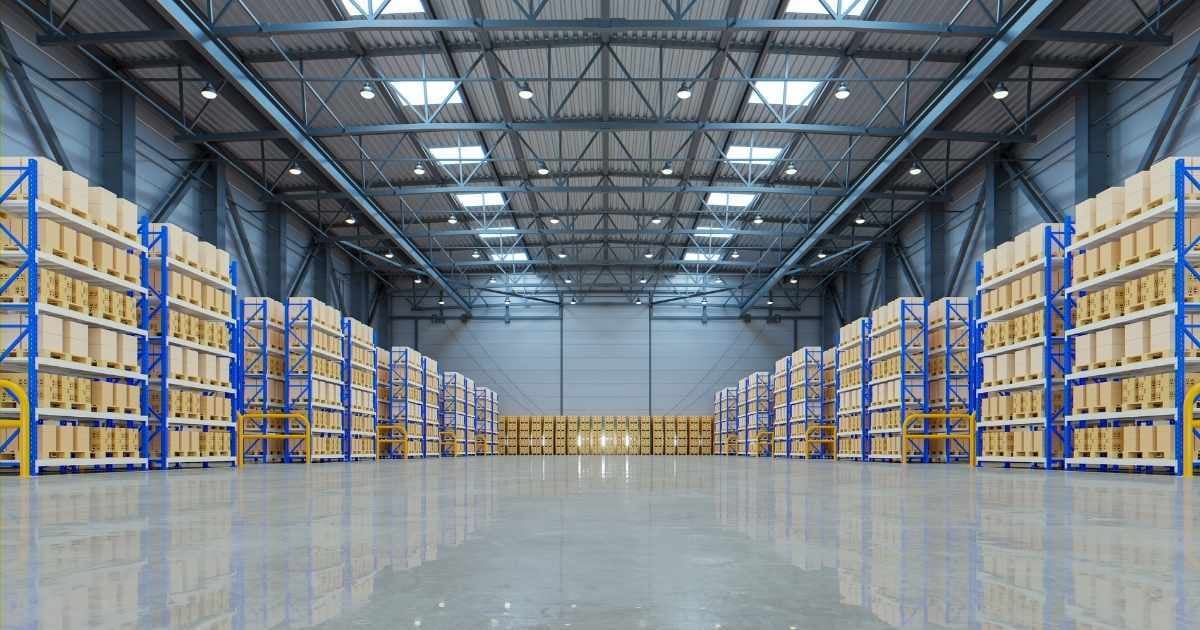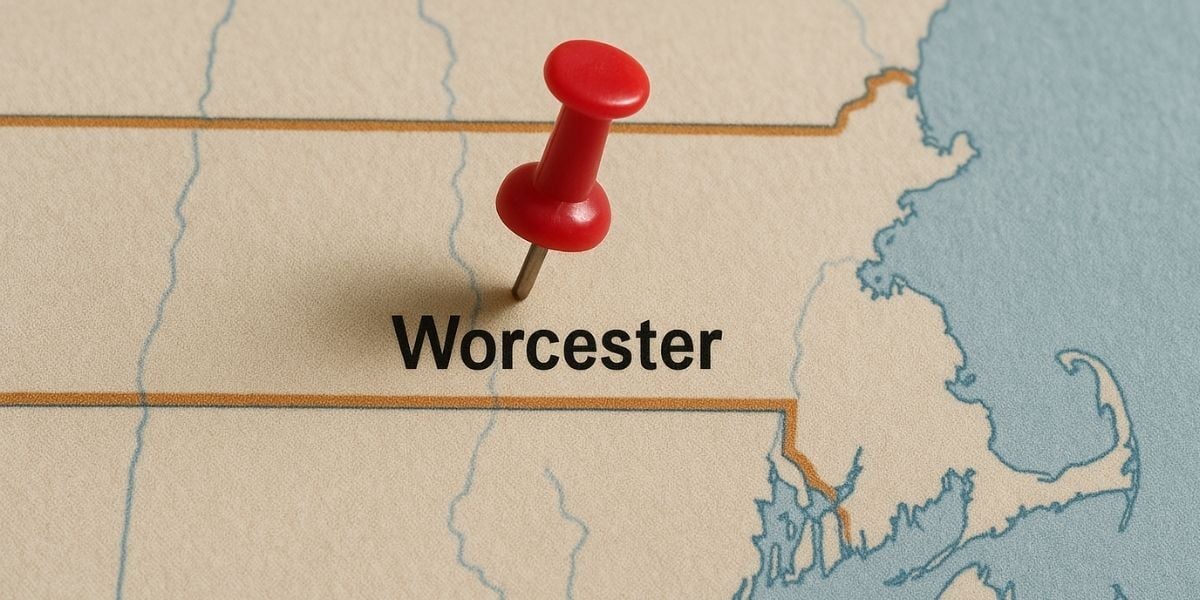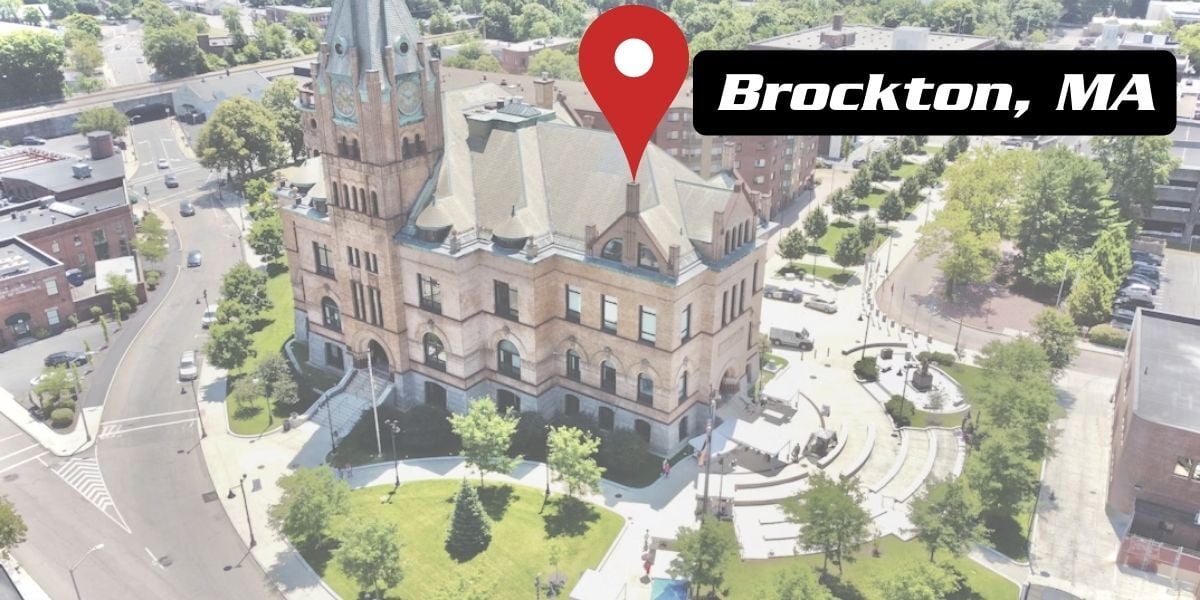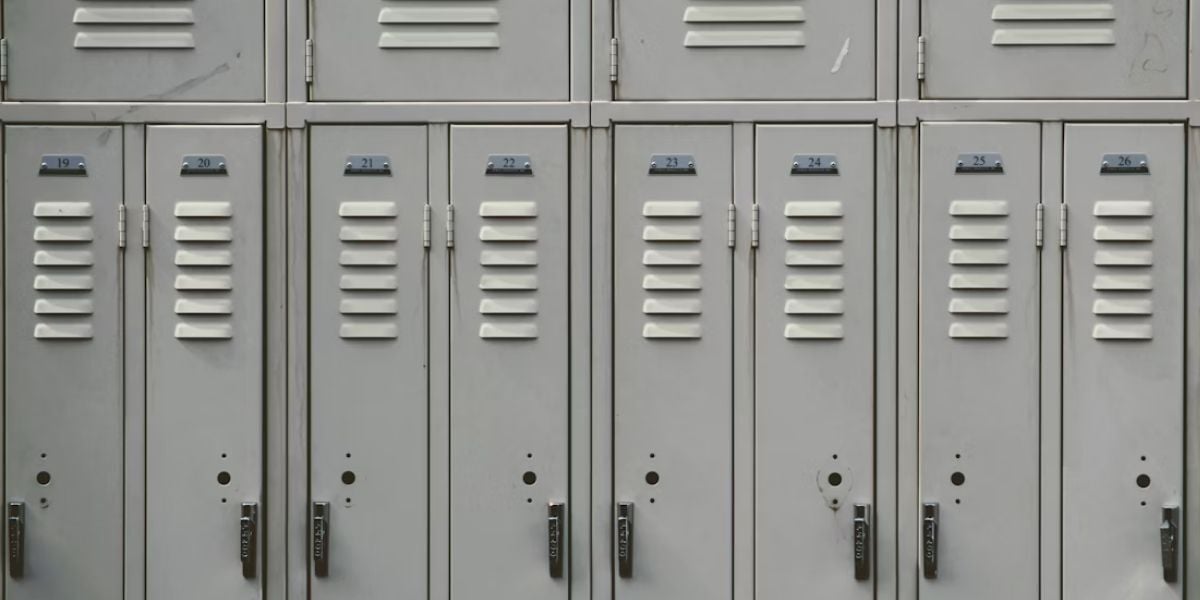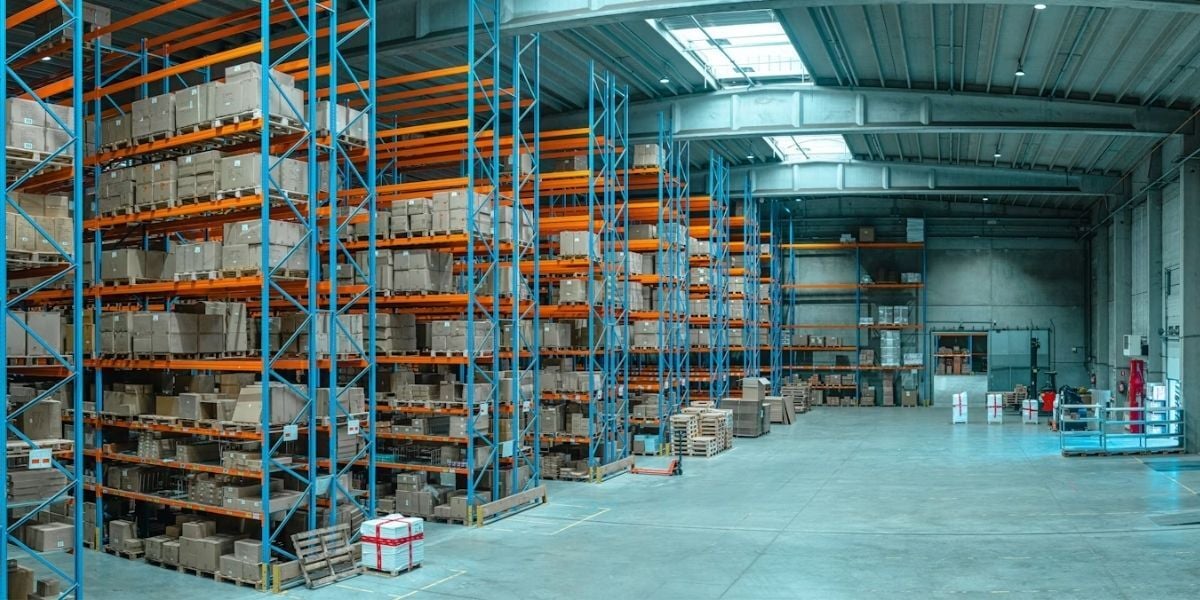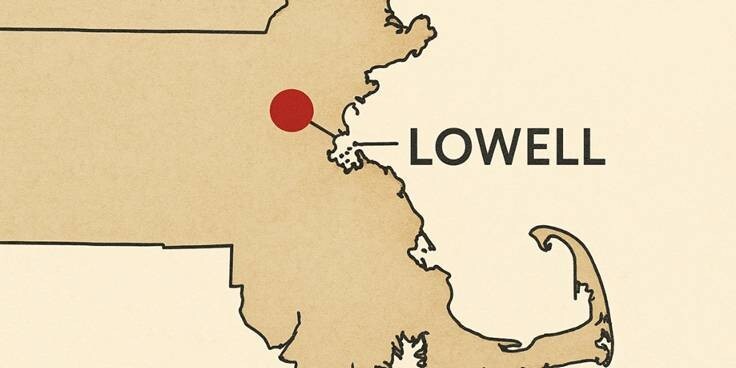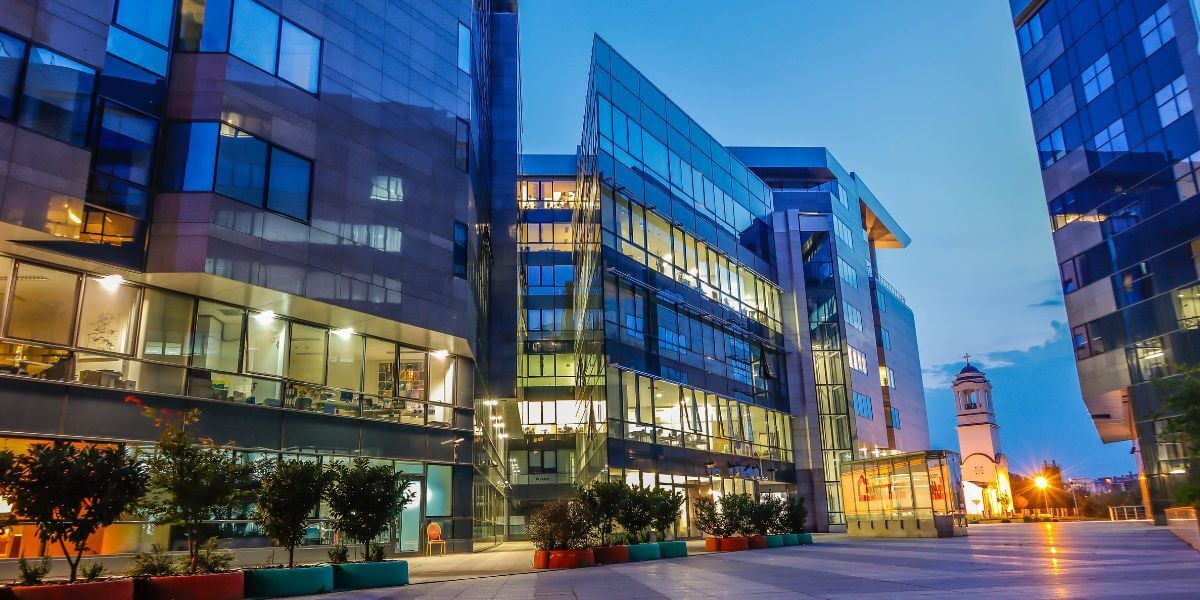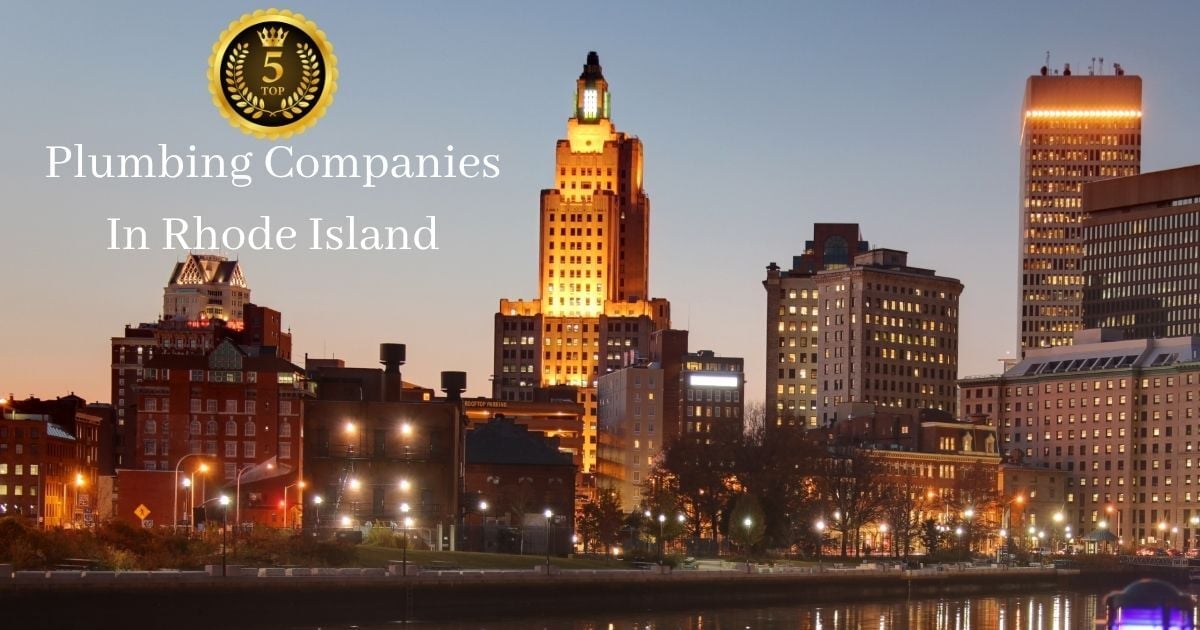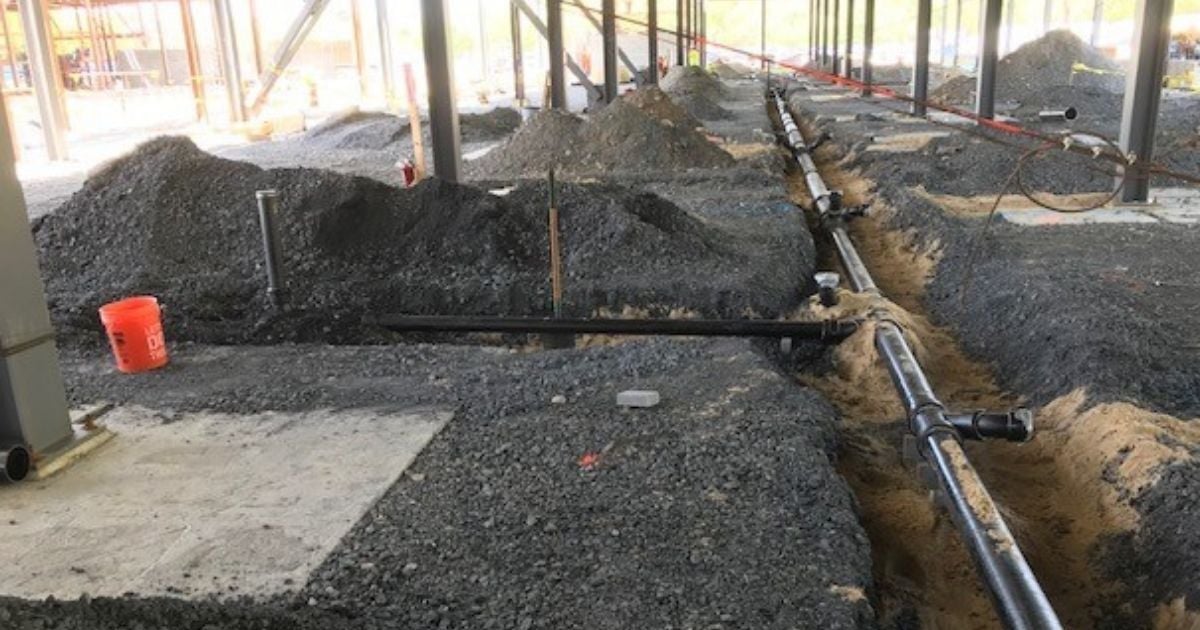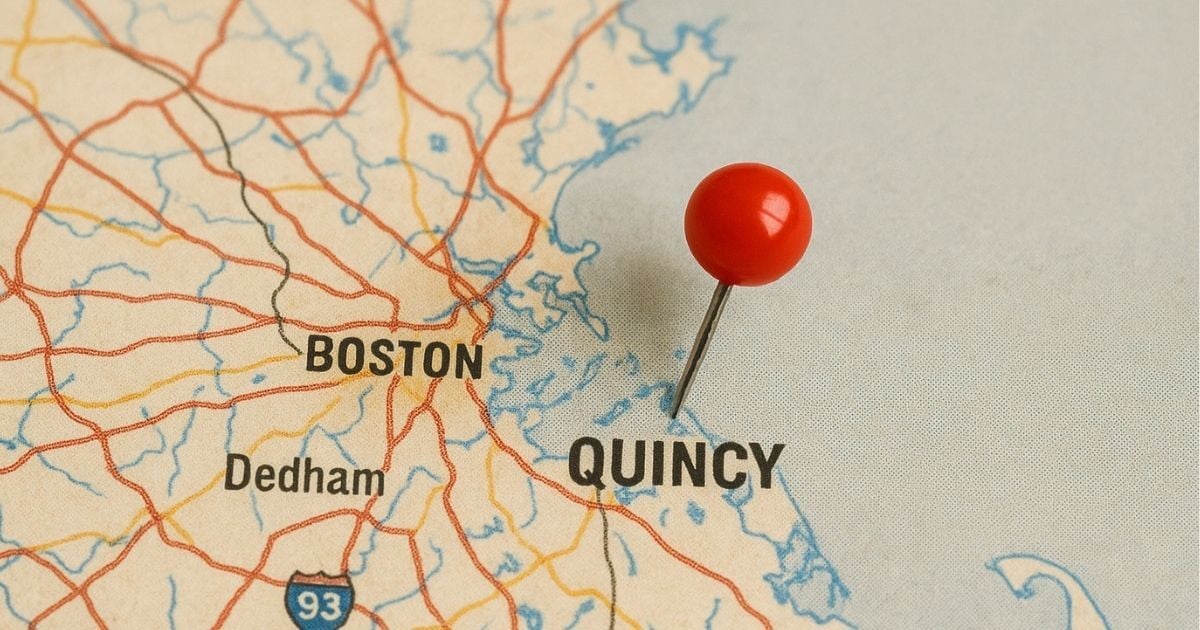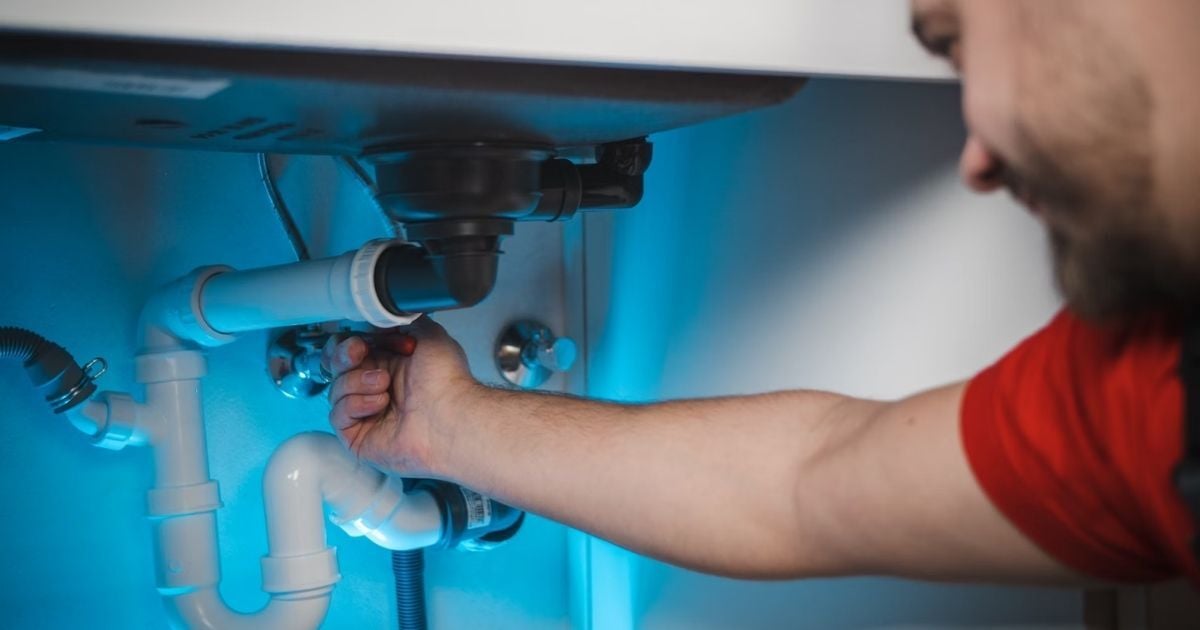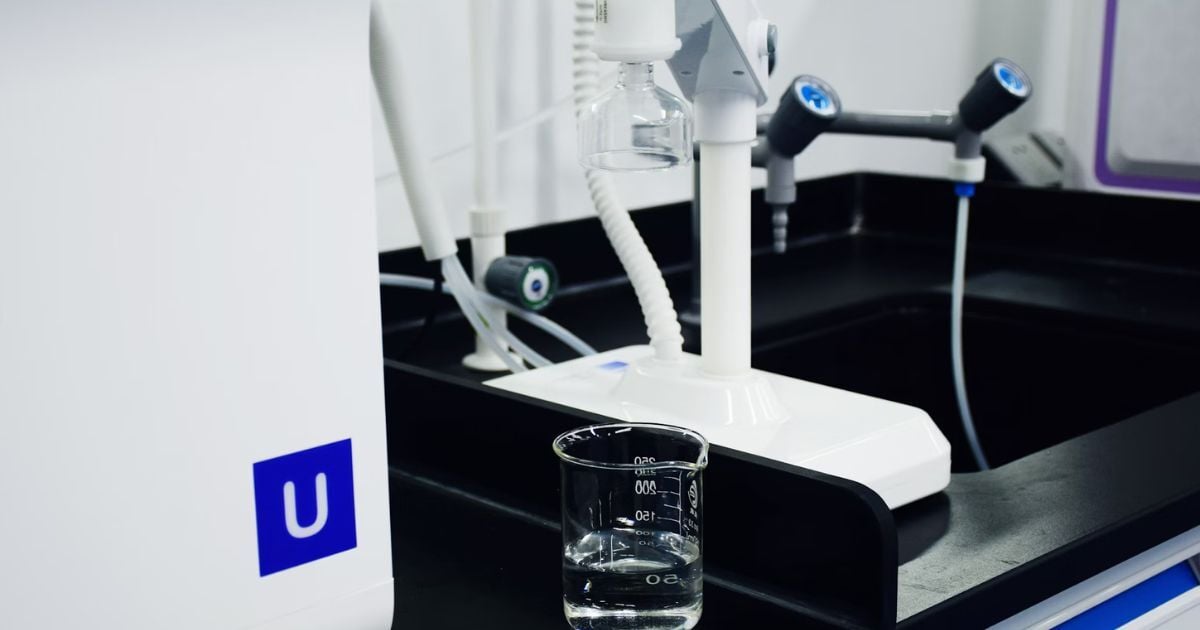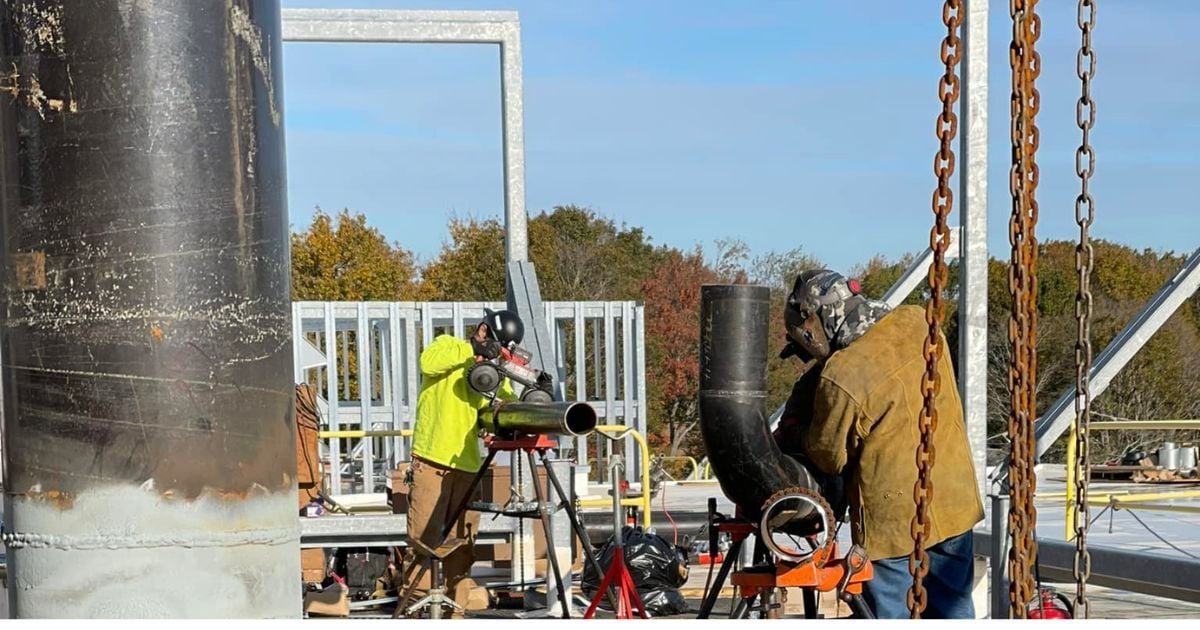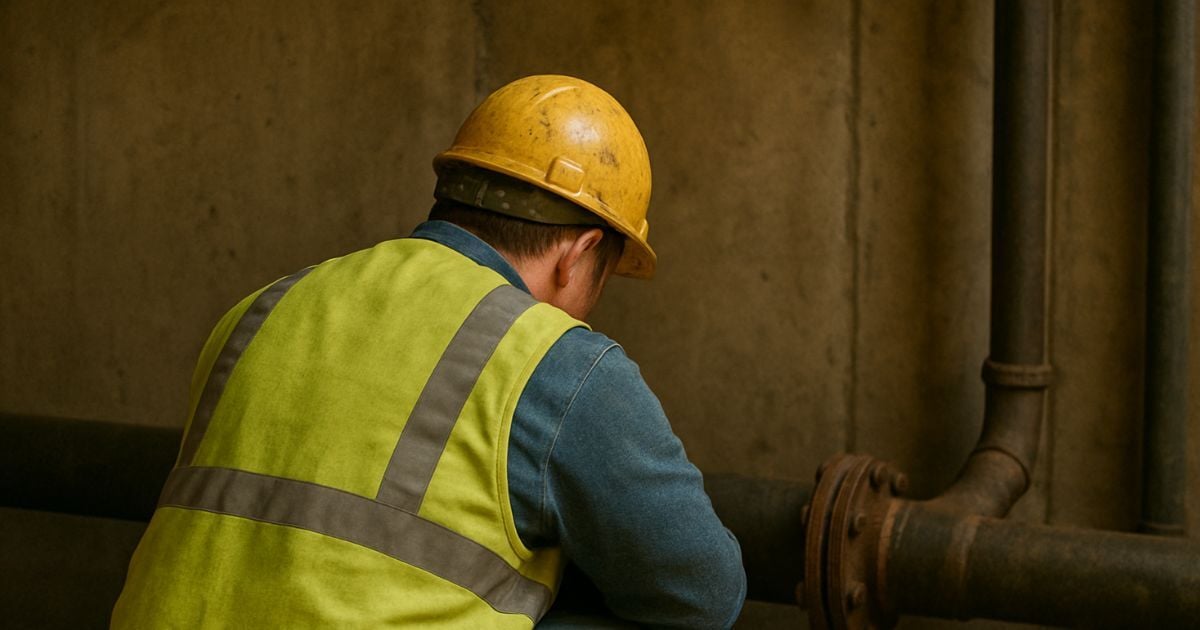How Much Do Commercial Plumbing Repairs Cost in Massachusetts?
May 28th, 2025
5 min read
By David Hurley
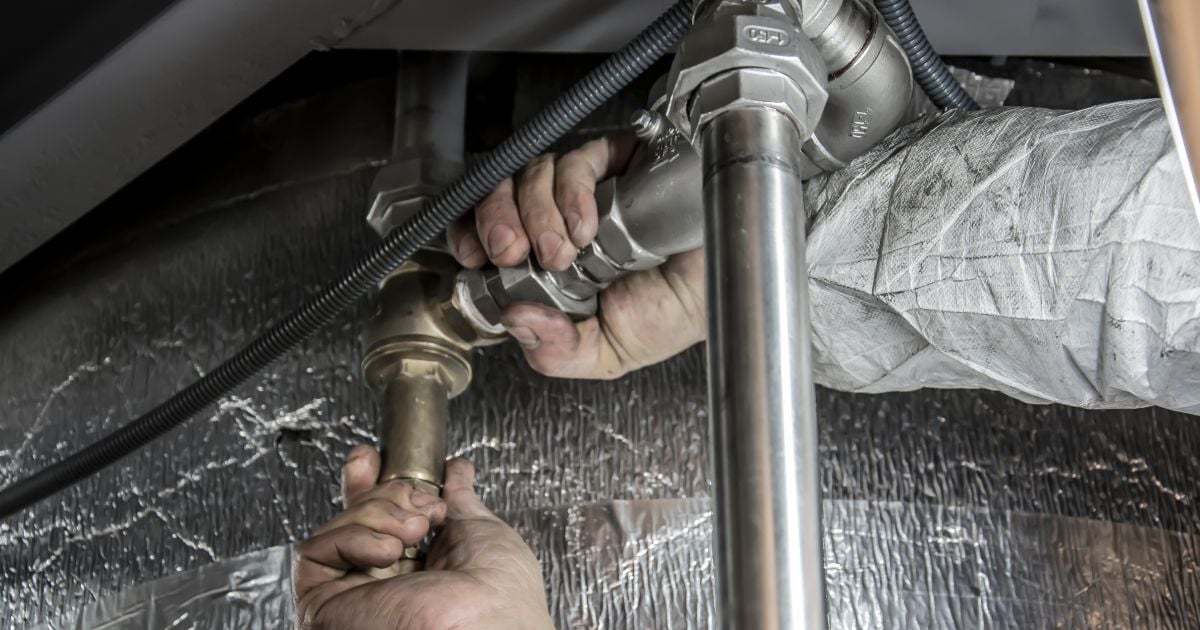
If you manage a commercial property in Massachusetts, unexpected plumbing problems can feel like a ticking time bomb. A leak under the sink, a toilet that won’t flush, or mysterious pipe noises aren’t just annoying—they can lead to major disruptions, lost business, and unexpected bills. In moments like these, you’re probably asking the same question every business owner does: “How much is this going to cost me?”
At Harold Brothers, we’ve helped hundreds of Massachusetts businesses understand and navigate the true costs of commercial plumbing repairs. Whether it’s a simple fix or a complex emergency, we’ve seen what drives the numbers up—and what can keep them down.
In this article, we’ll break down the average costs for common plumbing repairs, explain what factors influence those prices, and give you the clarity you need to plan ahead and avoid surprises.
Average Cost of Commercial Plumbing Repairs in Massachusetts
Now, look at what you’re truly here for—the numbers.
Keep in mind that every job is a little different, but these are the typical price ranges you might see in Massachusetts for common commercial plumbing repairs:
1. Leaky Faucet or Sink Repair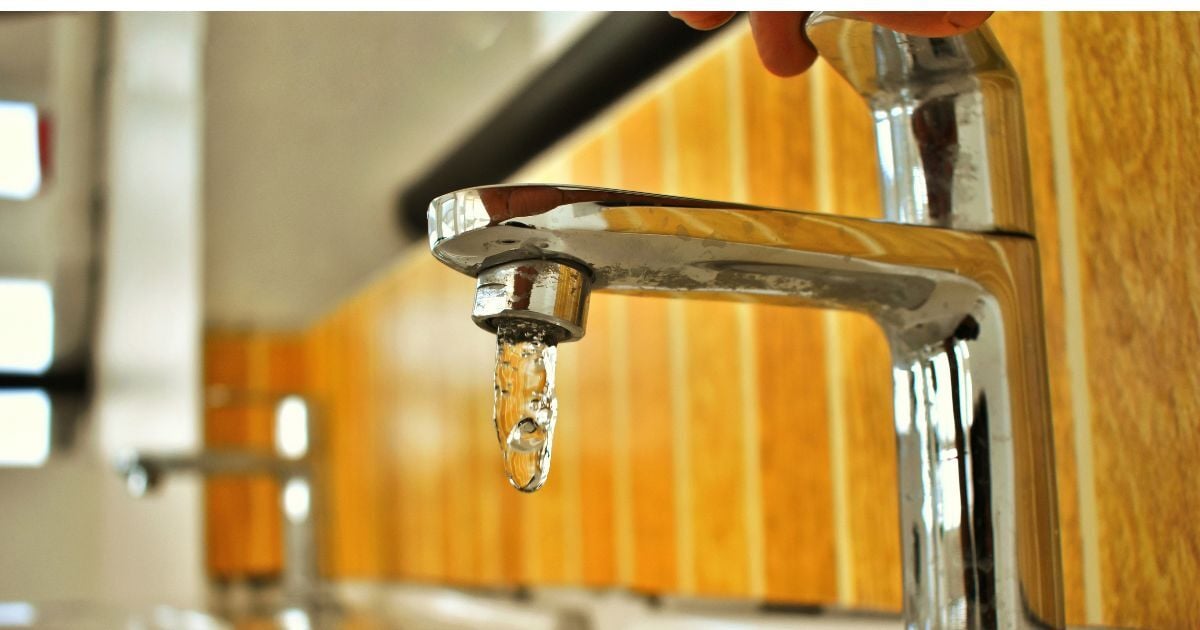
- Cost: $500-$1000
If it’s a simple fix like replacing a washer or tightening parts, you'll be on the low end. If there’s corrosion or parts need to be ordered, it could get pricier.
2. Clogged Drain or Toilet
- Cost: $1000-$1500
Commercial clogs are often deeper or more severe than those in homes. Plumbers might use a motorized snake or even a camera to find the blockage.
3. Pipe Leaks or Burst Pipes
- Cost: $750+
A small pinhole leak in a copper pipe is much cheaper than replacing a long section of pipe behind a wall or under concrete.
4. Backflow Prevention Device Testing or Repair
- Cost: $750+ for testing
- $1000 – $2,500+ for repair or replacement
Massachusetts requires many businesses to have backflow prevention devices. These need yearly testing and sometimes repairs..
5. Water Heater Repairs (Commercial-Grade)
- Cost: $800-$2000 for repair
- $3,000 – $8,000+ for replacement
Commercial water heaters are larger and more complex than residential ones, which adds to both labor and parts costs.
6. Emergency Repairs (After Hours or Holidays)
- Cost: Add 1.5x to 2x the normal rate
If something breaks at night or on a weekend, expect to pay more, just like calling a tow truck at midnight.
What Factors Affect Plumbing Costs?
The prices we shared above are a good starting point, but you might still be wondering: Why is there such a big difference in how much plumbing repairs can cost? Some jobs might only be a few hundred dollars, while others can cost thousands. Let’s take a closer look at four important things that can make your final bill go up or down.
1. The Size of Your Building
How big your building is matters a lot. A small shop with one bathroom is much quicker and easier to fix than a giant warehouse or a three-story office building. Bigger buildings usually have more pipes, more plumbing fixtures (like sinks and toilets), and longer water lines. This means the plumber may need more time to find and fix the problem, and that means a higher cost.
2. Where the Problem Is Located
Not all plumbing problems are easy to reach. Some issues, like a leaky faucet or clogged toilet, are right in front of you and simple to repair. But other problems might be hiding under a concrete floor, behind a thick wall, or even under the building. If the plumber has to cut through walls or dig into the floor to get to the pipes, the job gets more complicated—and more expensive.
3. The Time You Call
When you ask for help, the price can change. Most plumbers work during the day, from Monday to Friday. If you have an emergency on a weekend, holiday, or at night, you'll probably have to pay an “after-hours” or “emergency” fee. This can add hundreds of dollars to the cost. Plumbers are usually available to help anytime, but their time costs more during off-hours, just like a taxi costs more late at night.
4. Parts, Permits, and Paperwork
Some jobs need more than tools and time—they need special parts or city approval. For example, if your repair involves old pipes, you might need to replace them with newer materials that meet current codes. If you're fixing something big like a sewer line or water main, the city might require a permit and an official inspection before and after the work is done. In Massachusetts, where plumbing rules can be strict, permits and inspections are common. These things cost extra and can make your bill go up fast.
Rates for Commercial Plumbing Service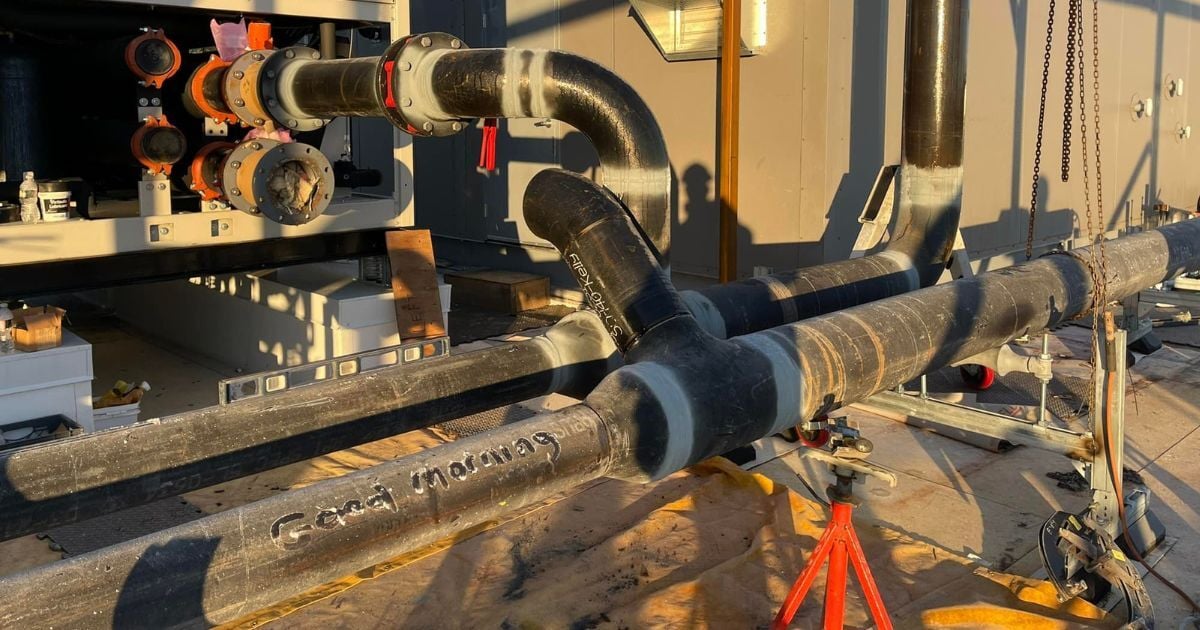
Most commercial plumbers in Massachusetts charge in one of two ways:
- Hourly Rate
This can be anywhere from $150 to $250 per hour, depending on the plumber’s experience and the type of work. - Flat Rate per Job
For some common repairs, plumbers might offer a flat rate. This can be helpful because you’ll know the total cost up front.
Also, don’t forget the trip charge. Many companies add a fee just to come out, usually $50–$100. Some include this in the repair cost if you go forward with the work.
Can You Get a Quote Before the Work Starts?
Yes—you can and you should.
Before any repair begins, it’s smart to ask for a written estimate. This is a clear document that tells you what the plumber plans to fix, what materials they’ll need, and how much everything will cost. Getting an estimate helps you avoid surprise charges and gives you the chance to understand what you’re paying for.
Like us at Harold Brothers, A trustworthy plumbing company will start by looking at the problem in person. They might ask questions, check the area, and explain a few different ways to solve the issue. After that, they’ll give you a written quote based on their findings.
Ways to Save Money on Commercial Plumbing Repairs
Nobody wants to spend more money than they have to on plumbing repairs. The good news is, there are some smart and simple steps you can take to cut costs and prevent bigger problems before they start.
-
Fix Small Problems Right Away: That tiny drip you hear from a faucet might not seem like a big deal now, but small plumbing problems can quickly turn into expensive disasters. A slow leak today could become a major flood tomorrow, especially if it damages walls, floors, or equipment. Fixing things early is usually much cheaper and much less stressful.
- Schedule Regular Plumbing Inspections: Don’t wait for something to break. Many plumbing companies offer maintenance plans, also called service contracts. These include regular checkups every few months. During these visits, the plumber can look for signs of wear, leaks, or clogs before they become major problems. This small investment can save you a lot of money in the long run.
- Learn Where Your Shut-Off Valves Are: If a pipe suddenly bursts or water starts gushing out, time is everything. Knowing exactly where your water shut-off valves are can help you stop the flow of water quickly. The faster you act, the less damage there will be—and that means a lower repair bill. Make sure everyone who manages the building knows how to turn off the water in an emergency.
When Should You Replace Instead of Repair?
Sometimes, it makes more sense to stop fixing the same problem over and over again. While repairs can be a quick solution, they can also become costly if they keep happening. In many cases, replacing the part or system completely is the smarter choice, even if it costs more upfront.
Here are some signs that it might be time to replace instead of repair:
- Your water heater is over 10 years old: Older water heaters are more likely to break down and use more energy, which means higher utility bills and more repair calls.
- You’re dealing with frequent pipe leaks: If you’ve fixed leaks more than once in the same area, the entire pipe section might be worn out and fail again.
- Toilets or sinks often clog: Older plumbing fixtures might be outdated or inefficient, causing constant problems. Newer models work better and use less water.
- You’re spending more on repairs each year: If repair costs are adding up and happening more often, a full replacement typically saves money in the long run.
- Your equipment no longer meets the code: Plumbing codes have changed, especially in Massachusetts. If your fixtures or systems are out of date, replacing them might be necessary to stay compliant.
- Parts are hard to find: If it’s getting difficult or expensive to find the right parts for repairs, that’s a sign your system is outdated.
Replacing old or failing plumbing systems may feel like a big expense now, but it can help your business avoid future emergencies, protect your property, and even lower your monthly costs.
What Should You Do Next?
Every business will face plumbing repairs sooner or later—it’s just part of maintaining a safe and working building. The good news is that when you understand the costs ahead of time, you can budget more easily and avoid any big surprises.
It’s smart to schedule regular plumbing inspections, especially if your building is older or has a lot of use. These checkups can catch small issues before they become bigger, more expensive problems. Read our article explaining Common Commercial Plumbing Repairs to learn more about the most common commercial plumbing repairs to stay knowledgeable about your plumbing system!
Topics:



